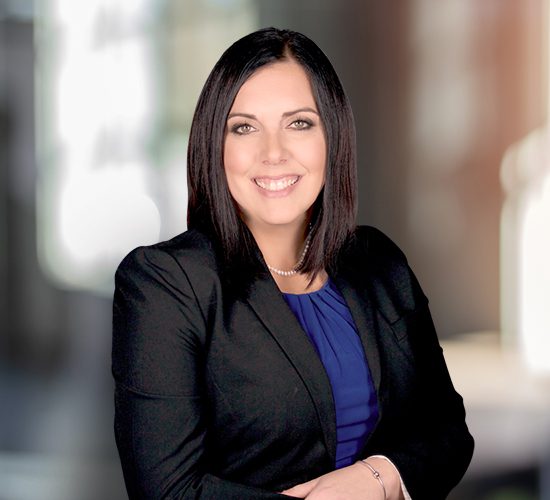Personal Injury Resources
Personal Injury Resources
What You Need To Know
You have questions. We have answers.
Sometimes injuries are purely accidental, sometimes injuries are caused by another person’s negligent or wrongful actions. If you have suffered a serious injury, you may have questions about medical bills, insurance, making a claim, negotiating a settlement. Keep reading for answers to commonly asked questions.





